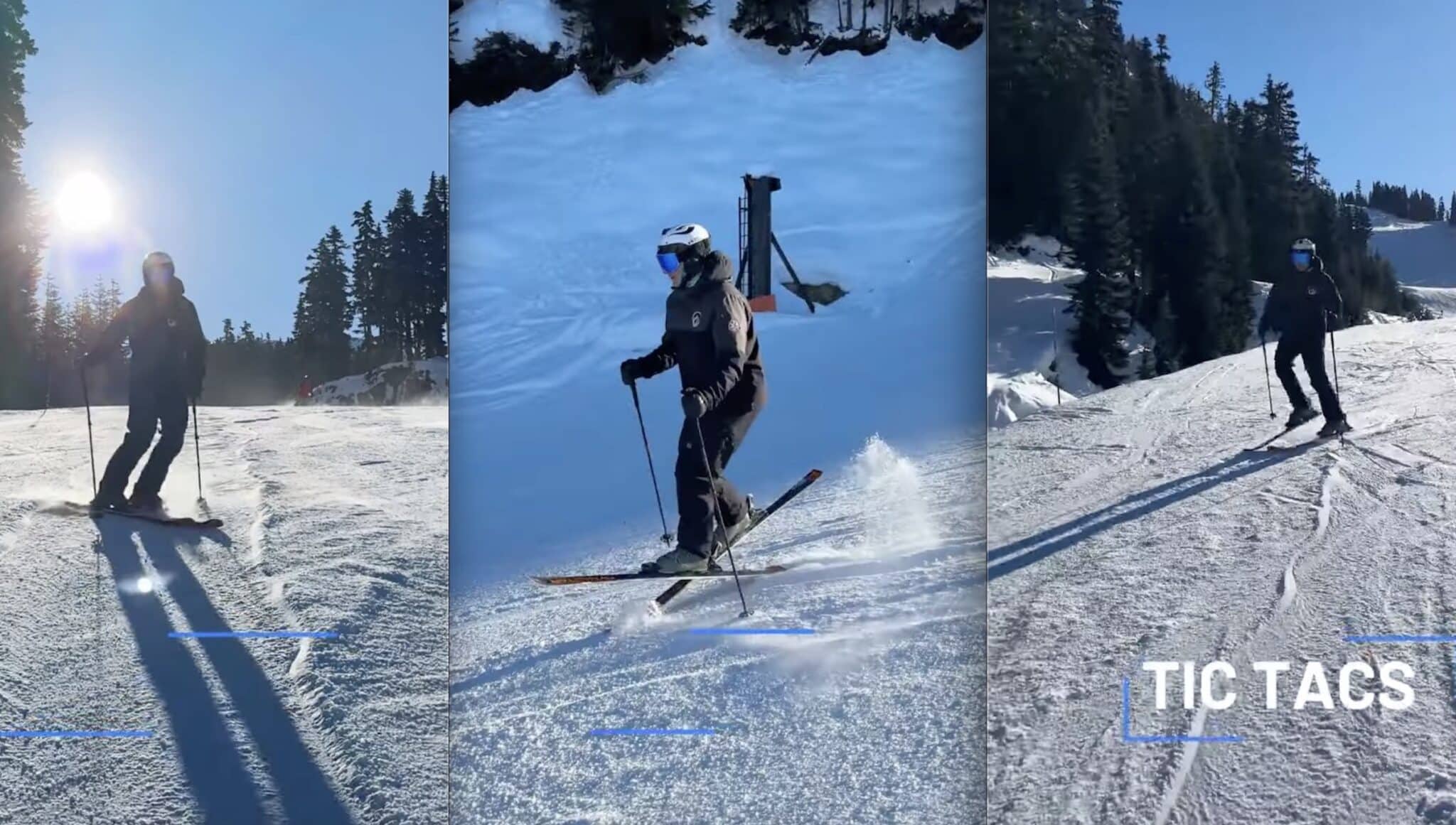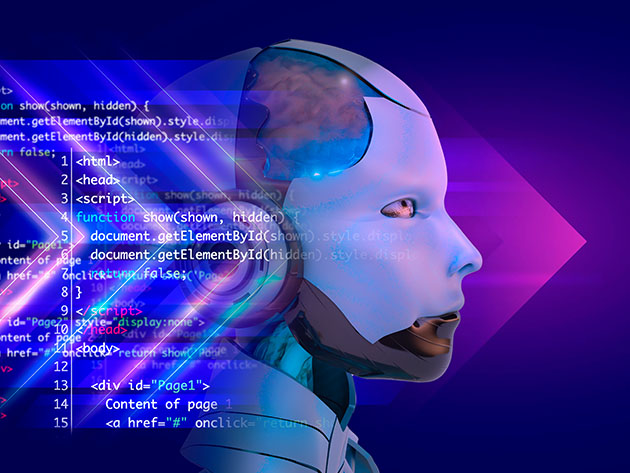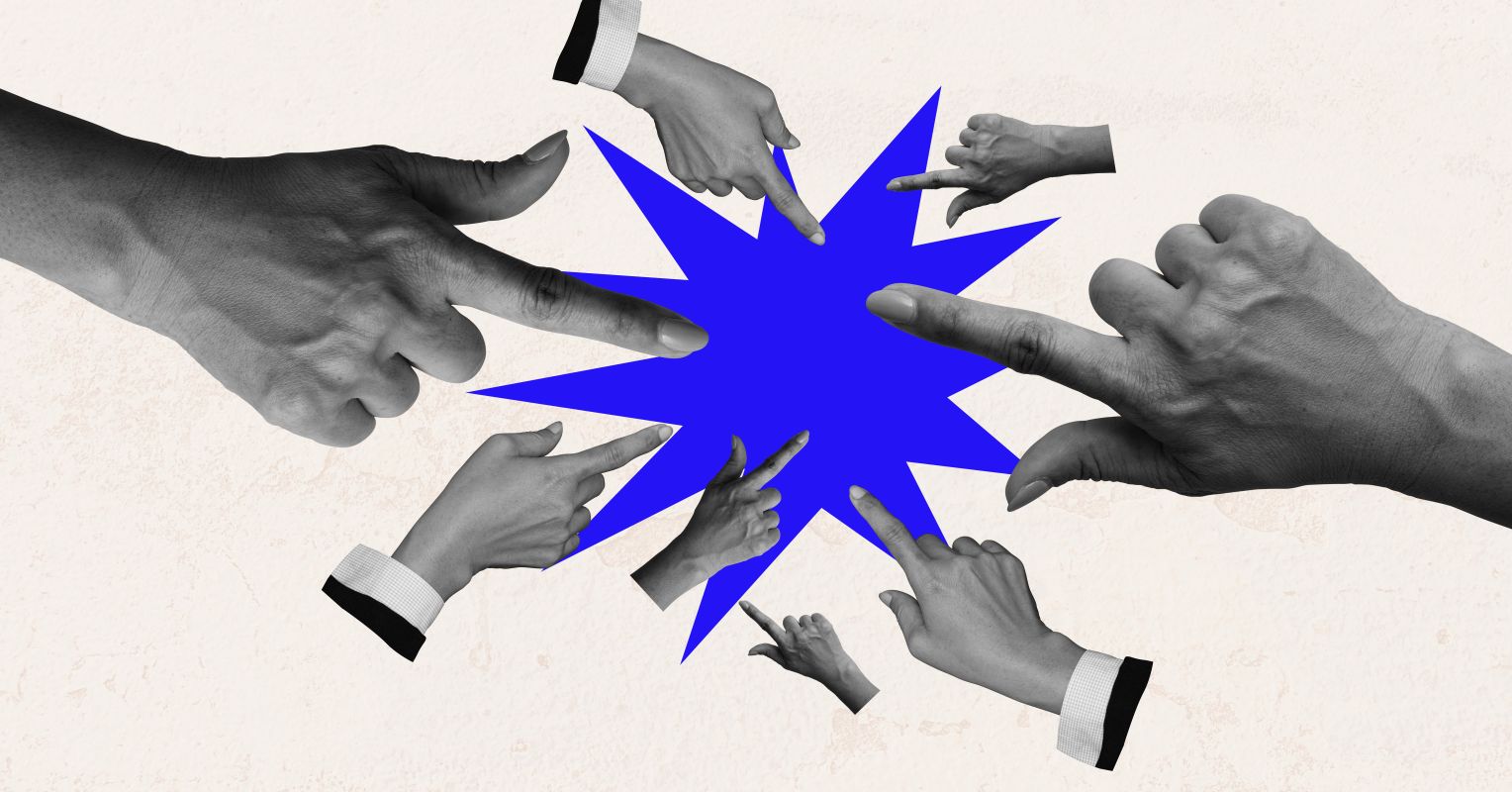#skill-development
#skill-development
[ follow ]
#online-learning #skiing #professional-growth #education #snowboarding #trampoline-training #generative-ai
fromBikeMag
1 week agoHow To Plan the Perfect Mountain Bike Ride: 10 Tips for a Better Day on Trail
A sudden weather change, a mechanical, a missed turn, or a momentary lapse in judgment can all turn a "quick ride" into a surprisingly long day. The good news? While some of those problems are big, the solutions are often small. A last-second weather check. An extra granola bar. A quick link and a zip tie that's been living in the bottom of your bag for the last five years. Little things can often be the difference between a perfect ride and a problem ride.
Bicycling
fromwww.theguardian.com
2 weeks agoI am terrible at football but love playing. Can I change my game completely in my mid-30s?
If I told you I have played football for 15 years, you'd probably assume that I'm decent. Unfortunately, I am not. I have three left feet and a not-very-convincing shot on goal. Despite how many years I have put into the sport, these things show little to no improvement. I play football for the joy of it: the rush of the first whistle; the exhilaration of making a successful tackle or a clever pass;
Soccer (FIFA)
fromeLearning Industry
1 month agoWhy Impostor Syndrome Disrupts Learning And Skill Growth And How We Can Beat It
How many times have you heard one of your peers talk about impostor syndrome? This topic, describing the persistent belief that one's achievements are undeserved, is frequently heard in films, TV, and even among your friends. But while it's natural to second-guess yourself sometimes, experiencing impostor thoughts can have disruptive effects on your long-term goals. Science says it can erode your engagement, learning outcomes, and professional growth efforts-not to mention your well-being.
Psychology
fromATD
1 month agoBe More Creative-With a Little Practice
When we think of creativity, we don't usually think of it as a skill one can develop through hard work and intent, like learning a new language or developing our math abilities. Often, we think of artists or entrepreneurs as inherent geniuses, born with some genetic quality we could never obtain.
Marketing
fromPsychology Today
3 months agoThe Gentleman's Code of Connection
For the better part of five years, I've been going to a shooting retreat in the foothills near Yosemite to improve my skills and have a bit of fun. These retreats or camps have themes and one overarching theme-proper club attire. Each year (or time I go), the theme changes. One year it was steel-target shooting, another was "Cowboy Action," the next "turn-of-the-century gangsters." While some folks come and go, for the past three years, the same group of men (and a few women) has shown up.
History
fromSeangoedecke
4 months agoWhat is "good taste" in software engineering?
Technical taste is different from technical skill. You can be technically strong but have bad taste, or technically weak with good taste. Like taste in general, technical taste sometimes runs ahead of your ability: just like you can tell good food from bad without being able to cook, you can know what kind of software you like before you've got the ability to build it. You can develop technical ability by study and repetition, but good taste is developed in a more mysterious way.
fromPsychology Today
4 months agoStop Outsourcing Your Brain
Build apps without coding experience! Create McKinsey-quality presentations in minutes! Write novels that sell! Trade stocks like a Wall Street veteran! The promises are familiar to anyone who spends any time online. And really, there is just one promise underpinning all the others. This is the most seductive promise of the artificial intelligence revolution: that generative AI can turn novices into experts.
Artificial intelligence
fromApaonline
5 months agoDesigning for the struggle
Skill development isn't passive. Despite students' wishes, they cannot absorb intellectual skills via some magical process akin to osmosis. Skill development requires practice and struggle. As such, I explain that the best place to look for value in our assignments is not the end product, such as the paper a student submits. Instead, much of the value is found in the process, such as writing the paper.
Philosophy
fromwww.bbc.com
5 months agoHow cage football unlocked Aribo's potential
In the summer, I'd be here from the morning until night time. I'd probably have a one-hour break where I'd go to the shop, get some drinks with my friends, and then straight back to it. It's just one of the best times of my life. First touch, close control, dribbling. My game is dribbling, trying to face up my opponent and get past him. And I've learned that all here.
Soccer (FIFA)
fromEntrepreneur
5 months agoWhy Your 9-to-5 Might Be the Best Launchpad for Your Startup | Entrepreneur
Corporate America serves as a de facto training ground for future entrepreneurs. My research has found that wealthy individuals, including many entrepreneurs, consistently engage in habits like continuous learning, goal-setting and disciplined time management.
Startup companies
fromYanko Design - Modern Industrial Design News
6 months agoThis electric bike autonomously raises up to perform wheelies, zero skills required - Yanko Design
Performing wheelies requires significant practice, but the Wheelie Fun Bike V1 allows riders to effortlessly achieve this skill with the push of a button.
Cars
fromeLearning Industry
7 months agoHow Experiential Learning With Business Simulations Boosts Classroom Engagement In The Age Of AI
Experiential learning is a student-centered approach that emphasizes learning through doing. Instead of passively receiving information, learners actively engage in realistic tasks, reflect on their actions, and adapt their strategies.
Online learning
Artificial intelligence
fromLogRocket Blog
7 months agoThe most valuable hard skills for product managers in 2025 - LogRocket Blog
Hard skills are critical for Product Managers, especially with the rise of AI tools affecting the role.
Developing hard skills can significantly enhance the productivity and effectiveness of PMs.
fromYanko Design - Modern Industrial Design News
8 months agoAce Your Tennis Training with Acemate's Revolutionary Rally Robot - Yanko Design
Tennis players often struggle to find suitable practice partners; traditional ball machines lack the dynamic interaction needed for effective skill development.
Artificial intelligence
fromeLearning Industry
8 months agoHow Serious Games Are Redefining Workplace Learning And Skill Development
Serious games are revolutionizing workplace training by transforming tedious learning into immersive, engaging experiences that maintain educational rigor while enhancing skill development.
Video games
fromSecuritymagazine
9 months agoUpskilling security teams: Breaking down silos and elevating expertise
Security isn't just about technology - it's about people. Security teams are made up of professionals with diverse backgrounds and skill sets, all working toward the same objective: stopping threats.
Information security
[ Load more ]










